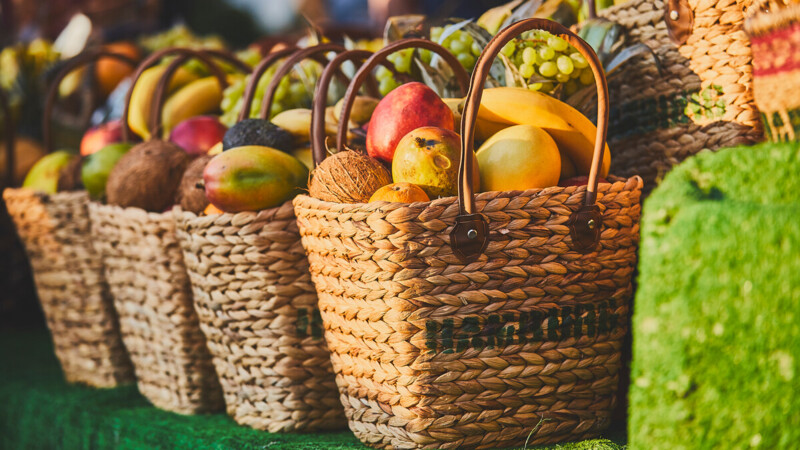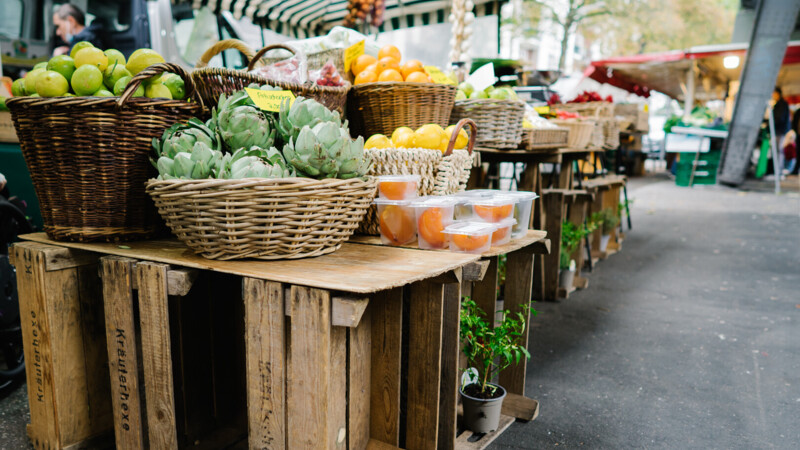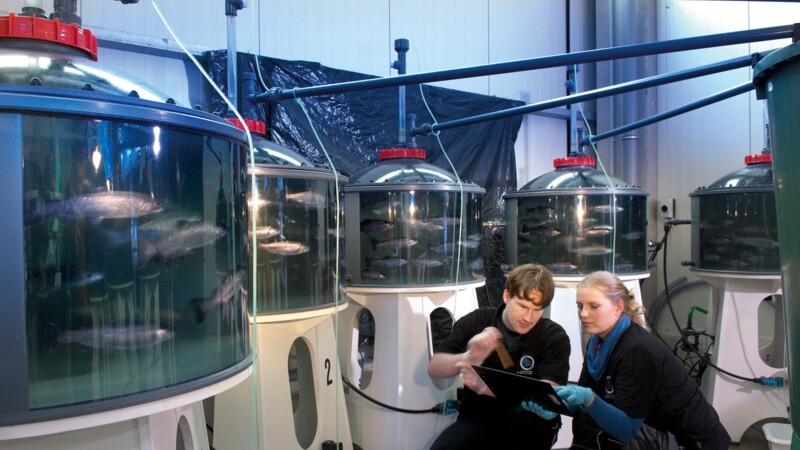Petra Grauer, a wine expert at the Institute for Hygiene and Environment (HU), commented: "Many of the imported wines come from traditional wine countries like South Africa, Chile and Argentina, but also from regions like Japan, Brazil and Turkey. On arrival on Hamburg, the wines are in the EU internal market and are then delivered throughout the market." The city thus has a watchdog function and checks whether the wines can be imported, she added. HU monitors details of ingredients, composition and correct labelling and checks suspicious samples on behalf of customs and the Ministry of Justice and Consumer Protection.
Customs in Hamburg and the Institute for Hygiene and the Environment (HU) are joining forces to ensure the quality of wines for the entire EU market and to protect consumers, a press release said Monday (August 15, 2022). Around 4,000 and 5,000 wines from non-EU countries are declared for import in Hamburg, which are delivered throughout Germany and to other EU countries.
Hamburg overseeing wine imports
Rising number of samples examined
The number of wine samples examined has increased in recent years and the rate of wines that cannot be imported is "very high" at over 60 to 70 per cent. However, this figure is not representative of all wines, as the samples are suspect and not random samples. The alcohol content is examined first and the ingredients are checked and compared with the import documents. Then, wine experts taste the samples and sensory analyses by chemists. The consignment remains under lock and key during the inspection. If the wine can be imported, it is then be delivered to the customer. Otherwise, it be destroyed or sent back to its country of origin. However, the wines in question rarely pose a health risk, HU said.
nj/sb/pb
Sources and further information
More
Similar articles

HHLA draws positive half-year balance

Hamburg launches another anti-food waste initiative

